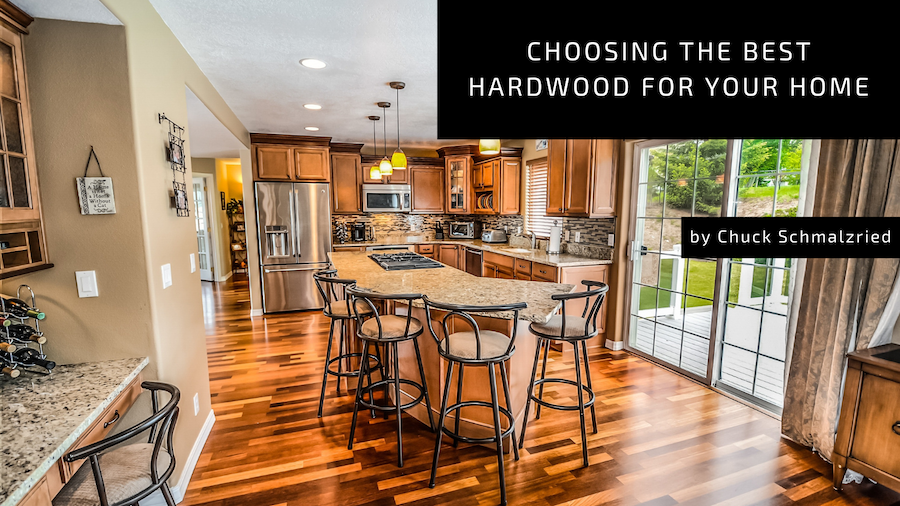Homeowners need to consider the various advantages of wood flooring when it comes to choosing a new floor. Aside from its beautiful and comfortable appearance, it’s also very cost-effective and can provide a lot of character to any room in the house. However, before you buy a wood floor, it’s important to keep in mind that several factors should be considered.
Type of Wood Flooring
There are two main types of wood flooring materials: engineered hardwood and solid wood. Solid wood flooring, which is usually made from solid wood logs, features a traditional groove and tongue along its short and long edges. It can be prefinished or unfinished and comes in various thickness options.
An engineered wood floor is made up of various layers, including a layer of composite and plywood. It can be wide or narrow, and its top layer can vary in thickness.
Grain, Color, and Appearance
Since there are so many different types of wood flooring materials, it’s easy to choose the one that fits your room’s décor. If you have a country-inspired interior design, wide plank floors with defined wood grains and distressed looks are ideal. For Colonial homes, you can opt for random plank width floors in Maple and Oak.
For traditional interiors, choosing hardwood flooring in width ranging from 21 to 314 inches in oak, maple, walnut, or parquet is ideal. Contemporary homes can also use various types of wood species in their design. For instance, certain finishes, such as dark charcoal, white, and pewter, can transform any wood into a modern masterpiece.
Type of Finish
Both unfinished and prefinished wood flooring are available in different colors and finishes. The former is usually factory-applied, while the latter is done on-site. The former’s sealant is usually applied in a controlled manner, and it usually requires around seven to eight coats.
Cost and Installation
The cost of solid or prefinished hardwood flooring depends on its type, species, and finish. For instance, a solid wood floor with a price of $24.69 is typically more expensive than an engineered one with a cost of $8.79, but the latter usually costs half as much.

